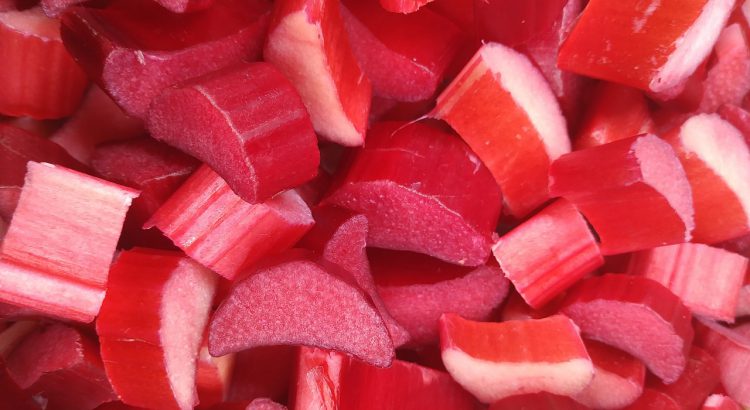Although in the culinary would its often treated as a fruit, rhubarb is actually a vegetable! And, as a vegetable, it has many health benefits; it’s rich in nutrients and a good source of fiber. Rhubarb originated from the western parts of China and has been used in traditional medicines for hundreds of years. Contemporary research shows that rhubarb has a host of health benefits. It has anti-tumor and anti-inflammatory properties, and it also has an impact on gut health. Not only does it have anti-microbial properties that help fight bad bacteria, such as H. pylori (the cause of stomach ulcers), but also helps to feed the good bacteria in our intestine while also strengthening the mucosal lining of the intestine. Learn more about rhubarb here. –Dana Mealing, RDN, LDN
Tag: nutrients
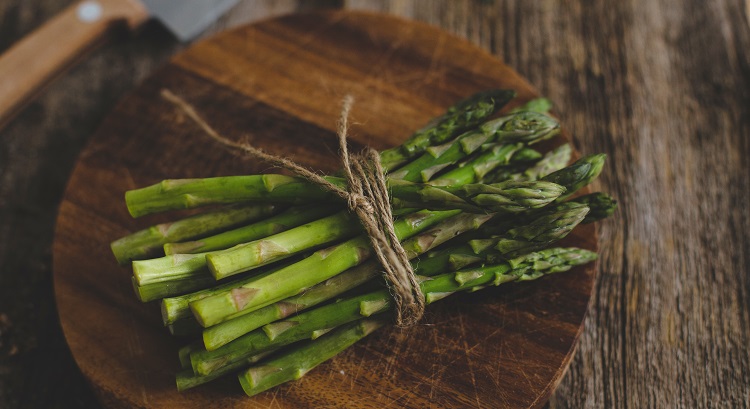
Roasted Asparagus
Asparagus is a classic spring vegetable, and roasting or grilling are by far the best ways to prepare it. These methods will give an enjoyably fibrous-yet-soft texture, a juicy stalk and crispy charred leaves at the head. Asparagus is full of many nutrients such as Vitamin A, E, C, K and folate, and the fiber strands make an excellent prebiotic to feed your gut bacteria.

It’s Pumpkin Season
Native to North America, pumpkins have grown here for more than 5,000 years. While pumpkins are technically a fruit, they are more similar to vegetables when it comes to their nutritional value.
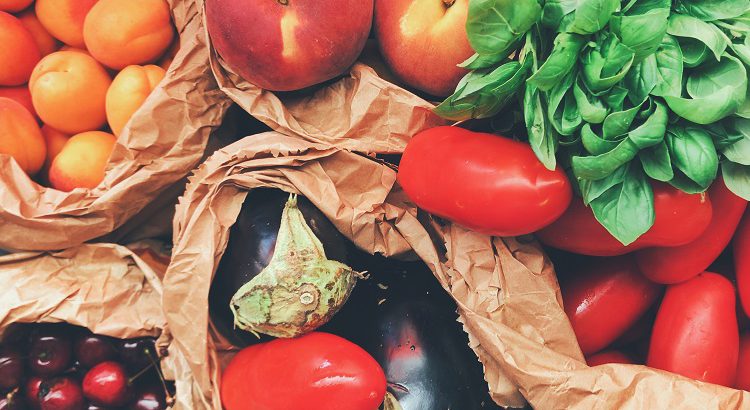
The Fruits of Summer
It’s never too early to start planning your healthy summer snacks and meals around Maryland’s abundant fruit and vegetable crops. According to the Maryland’s Best website, the strawberry harvest that begins in May provides us with our first taste of locally grown fruit.
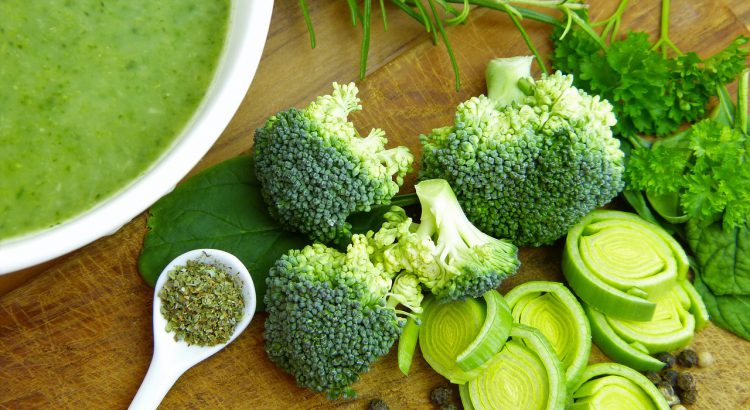
The Health Benefits of Soup
Who can resist the warmth of a warm bowl of soup on a cold winter’s day? But the benefits of soup go beyond its temperature. If you choose the right soup, its health benefits are innumerable.
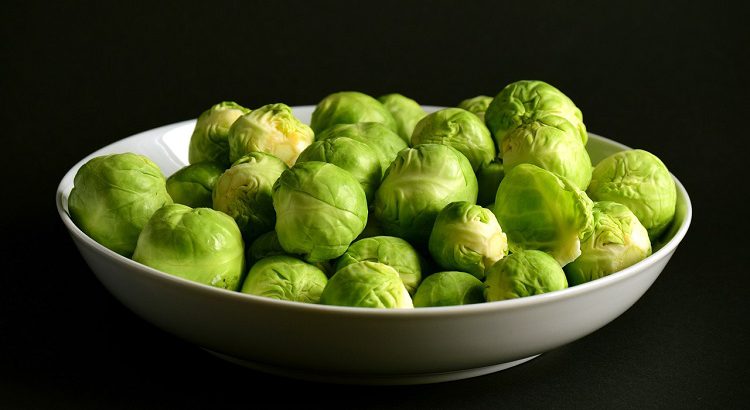
Cruciferous Vegetables
“Cruciferous” may sound like a type of vegetable you don’t want to eat—but you should! They are a group of vegetables that are a rich source of sulfur-containing compounds.
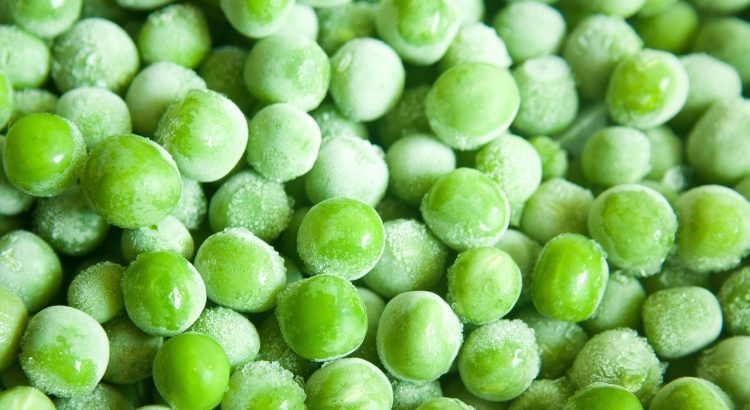
Fresh, Frozen or Canned?
We all know it is important to eat fruits and vegetables. The optimal goal is to consume at least 2 cups of fruit and at least 2 ½ cups of vegetables each day, but which is a better choice: fresh, frozen or canned?
